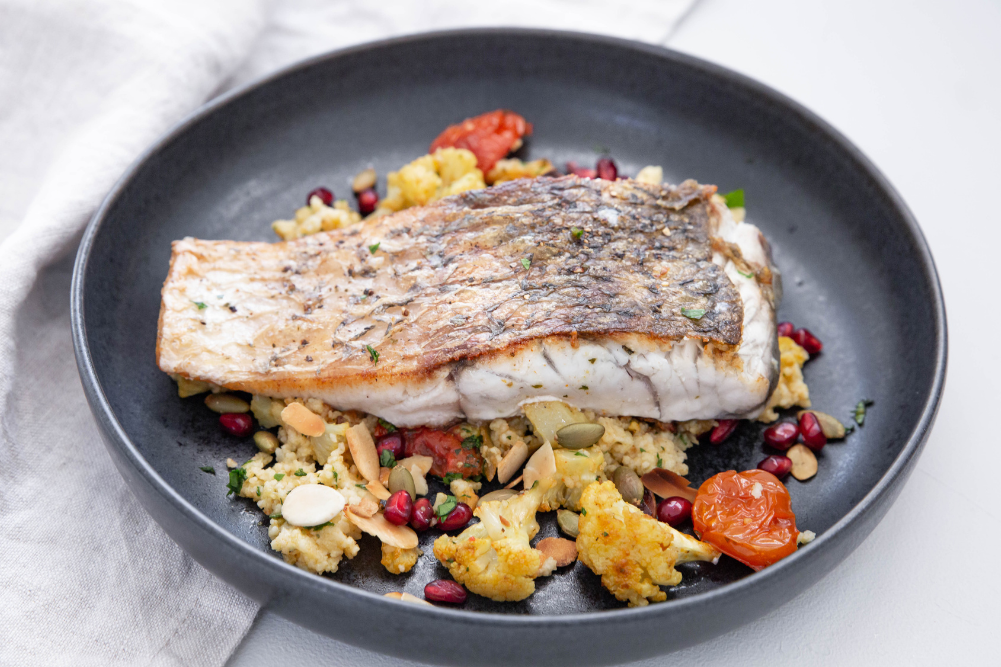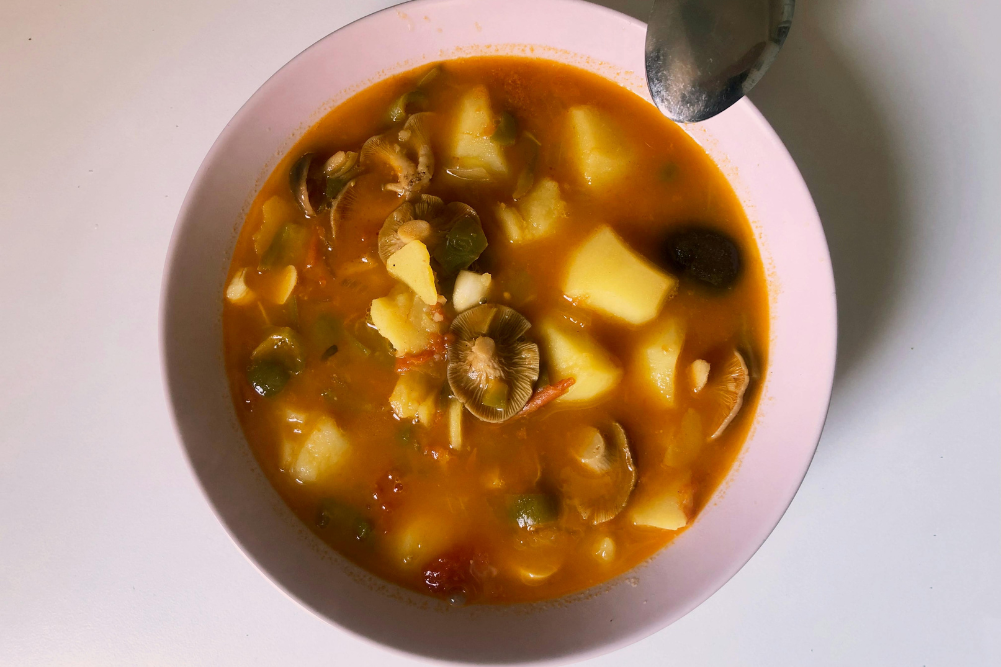Pomegranate’s anti-ageing potential
Pomegranates are an amazing food, as delicious as they are nutritious and health promoting. In a story in this column late last year we reported a study showing that pomegranates may help reduce the build of plaques that contribute to Alzheimer’s Disease. This effect was reported as being due to substances known as urolithins which are formed when polyphenols from pomegranate are acted on by gut bacteria. Now, a new study has found that these urolithins may have another action which can slow the ageing process.
One of the things that happens as you age is that your cells lose their ability to recycle their energy producing units known as mitochondria. The results is that non-functioning mitochondria accumulate in the cell leading to reduced cell function. This process affects the function of many tissues including muscle which tends to weaken over the years.
The researchers … found that there was a significant reduction in the accumulation of mitochondria in muscle tissue as well as a correlated improvement in endurance of an average 42 per cent.
These researchers started their investigation by administering urolithins to nematodes (C. elegans or roundworms) and found that urolithin A increased lifespan by about 45 per cent. They then gave urolithin A to mice around two years old and found that there was a significant reduction in the accumulation of mitochondria in muscle tissue as well as a correlated improvement in endurance of an average 42 per cent.
Human trials are under way to see if the same effects occur but the thing to remember is that pomegranate does not contain urolithin; it contains polyphenols that your gut bacteria will transform into urolithins. If your gut bacteria are not right, then you won’t get the maximum benefits of pomegranate.
Yes, this is a good reason to eat pomegranates but it is also a reminder that basis of so much your health starts in your gut with the bacteria that live there.








